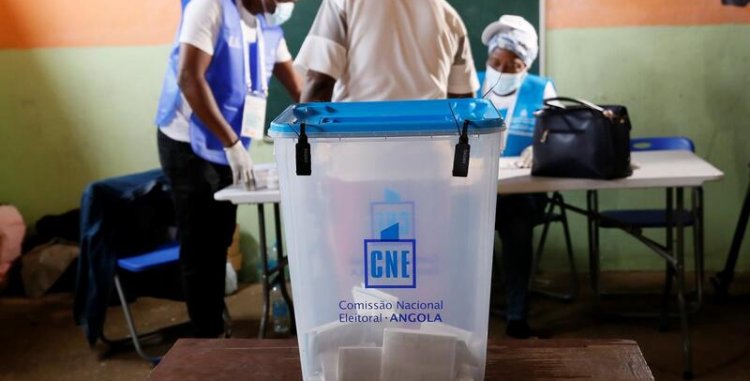Speaking to Lusa about judgment 769/22 that dismissed the appeal filed by UNITA, which contested the results of the last general elections, jurist Rui Verde pointed out the difficulty in presenting formal evidence as the main legal issue and considered that it was not a surprise at what had already been decided before.
"The agreement invokes the documents delivered by UNITA and, in general, says that they do not provide evidence, there is clearly an issue related to UNITA's ability to present evidence to the court", he said, alluding to the summary minutes that the "Galo Negro" party " has been publicizing on its pages on social networks.
On the other hand, he said, "the TC jurisprudence, Angolan jurisprudence in general, is very formalist" and in this sense the TC decided in accordance with what it has decided in recent years.
"The ruling, from a formal point of view, is correct, now it's the turn of politics, a kind of conciliation policy, because whatever the result we want to accept, we have a country that is somehow divided in half and it is important there must be common sense and a sense of conciliation. The law does not solve all problems", stressed the researcher at the Center for African Studies at the University of Oxford.
He stressed, therefore, that it would be important to carry out a reform of the electoral mechanisms of both the CNE and the TC.
"They have five years to make the changes, come to an agreement and make them. It is one of the advantages of the new composition of the National Assembly, for major revisions the two main parties have to come to an agreement and this should be seen as an advantage and not a disadvantage", he suggested.
The jurist Inglês Pinto, former chairman of the Bar Association, expressed his reservations about the constitution of both the CNE and the TC, because they have "partisan interests".
"We have to think a lot about this, about this format and eventually we will have to have another practice", said the lawyer, remembering that the president of the TC, Laurinda Cardoso, appointed about a year ago, left the structure of the MPLA Political Bureau.
"This raises the suspicion of the citizens, this compatriot of ours who was in a party structure that had a process of hostility to a candidate, which guarantees independence", questioned.
"I do not question the technical capacity of my colleagues who are part of these bodies, but we have to reformulate so that this climate of suspicion gradually disappears", added.
Inglês Pinto stressed that the members of these bodies are practically all party activists and defended that they should be selected by competition, valuing their academic, social and professional trajectory.
He believes, on the other hand, that the good results obtained by UNITA in the elections will help to present a more balanced balance of forces.
"This can facilitate the process of greater dialogue. Those who won will have to change their practice, their way of being in politics, and those who lose are more excited to make qualitative leaps and be power in the next elections", commented the jurist.
Therefore, "who will benefit are the voters and the population in general" because the parties "will have to be more committed" and "some arrogance and petulance will have to be curbed".
The final tabulation minutes of the 24 August general elections proclaimed the Popular Movement for the Liberation of Angola (MPLA) and its candidate, João Lourenço, as winners with 51.17 percent of the votes, followed by the National Union for Total Independence of Angola (UNITA) with 43.95 percent.
With these results, the MPLA elected 124 deputies and UNITA 90 deputies, almost double the 2017 elections.
The Social Renewal Party (PRS) and the debuting Humanist Party of Angola (PHA) each elected two deputies.
CASA-CE, the National Patriotic Alliance (APN) and P-Njango did not obtain seats in the National Assembly, which in the 2022-2027 legislature will have 220 deputies.
The TC validated the electoral results on Thursday after ending the electoral litigation process and rejecting UNITA and CASA-CE's appeals.







